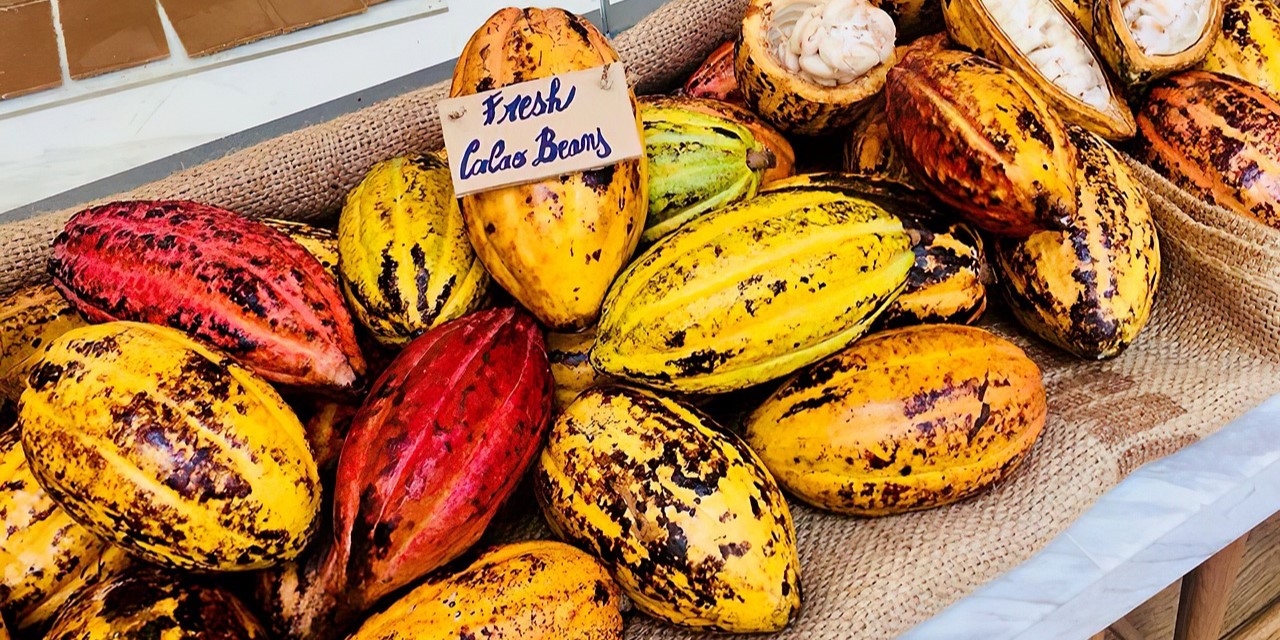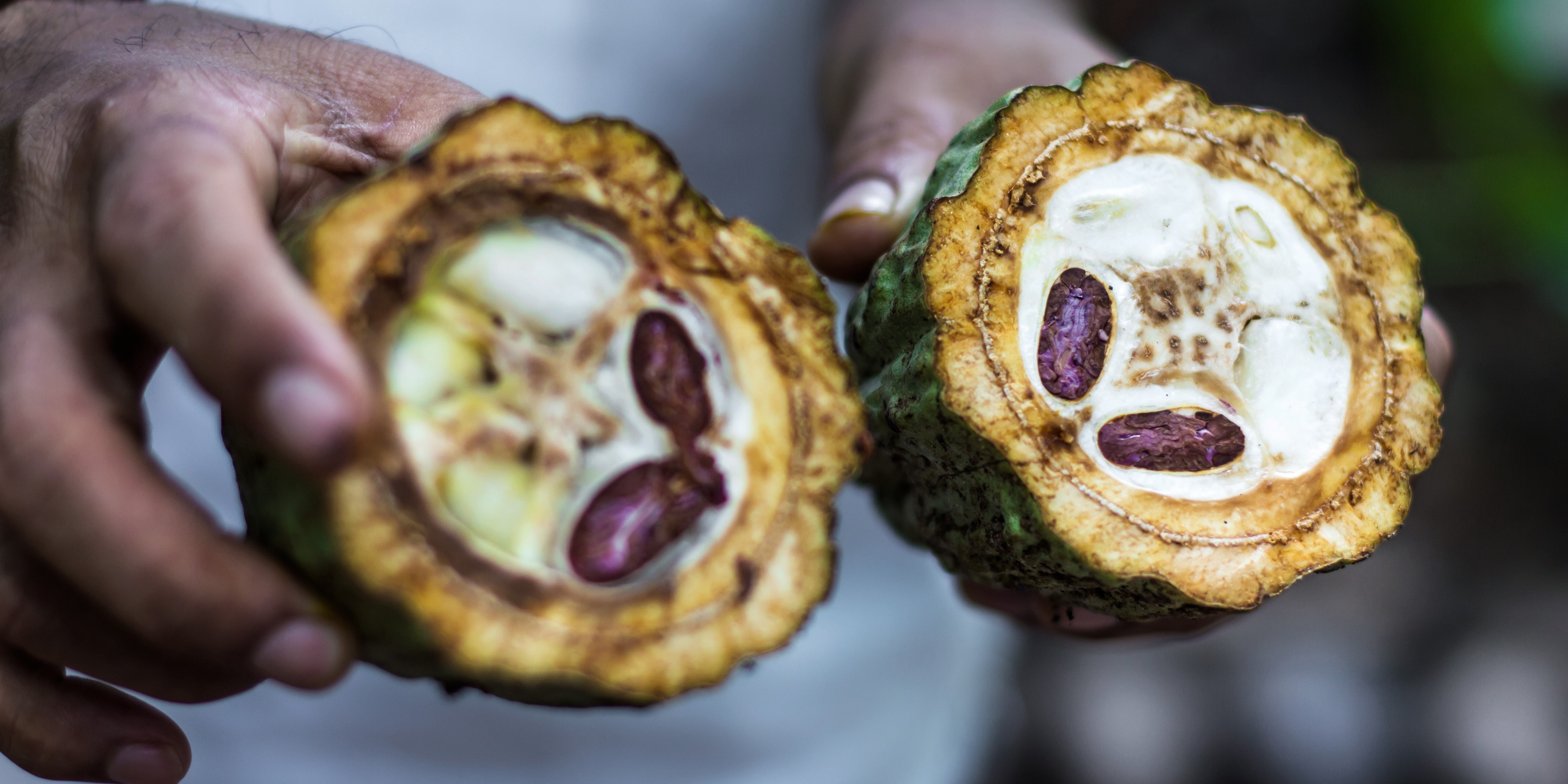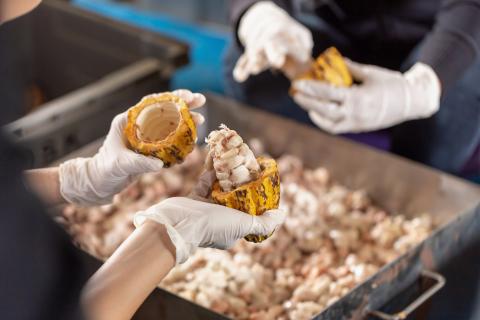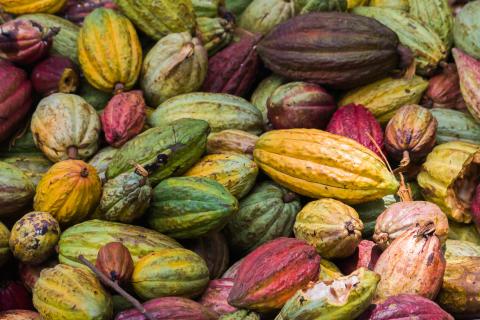The global cocoa market is growing fast, but will it benefit the farmers?
Although cocoa is a lucrative business with staggering margins for those controlling the value chain, the producers mostly live in poverty. And it is seemingly impossible to move a fairer share of the profits back into the supply chain to those who most depend on it.
Cocoa is booming
From 2020 to 2025, global demand for cocoa is expected to increase by 20%, with a projected market value growth from 47 USD billion in 2021 to 68,2 USD billion in 2030. Not many agricultural commodities can compete with growth rates like this.
Fortunately, some of the cocoa growth is also spilling over to sustainable markets, which are driven by heightened consumer awareness and new regulatory steps such as the European Deforestation Regulation (EUDR) coming into force.
With more than 70% of cocoa being produced in West Africa - one of the poorest regions in the world - this should be good news: Not only for traders, but more importantly for those millions of cocoa smallholders and their families, who are mostly unable to afford the chocolate bars they help produce.
In reality, however, farmers are unlikely to benefit. Despite the impressive market growth, the share going to smallholders remains around 6% of the end product value, which translates into a couple of dollars a day or less.
Controlling the value chain
Fair Trade, Rainforest Alliance and other cocoa initiatives are having little luck in introducing mechanisms to ensure fair pricing distribution. At best, they will help pockets of farmers, but effect no structural improvements.
 Few other commodities are as emblematic of the flip sides of market globalisation as cocoa: Structural poverty, child labour, deforestation and monopolisation of the market with only a handful of buyers controlling 90% of the supply chain that connects the West African smallholder to the commodity exchange in Chicago and finally to the consumers.
Few other commodities are as emblematic of the flip sides of market globalisation as cocoa: Structural poverty, child labour, deforestation and monopolisation of the market with only a handful of buyers controlling 90% of the supply chain that connects the West African smallholder to the commodity exchange in Chicago and finally to the consumers.
Although cocoa is a lucrative business with staggering margins for those controlling the value chain, the producers mostly live in poverty. And it is seemingly impossible to move a fairer share of the profits back into the supply chain to those who most depend on it.
Living Income Differential
In 2019, in the most recent attempt to turn the table on international buyers, Ghana and Cote D'Ivoire introduced the Living Income Differential (LID), which earmarks a premium of 400 USD per ton of cocoa for the farmers.
While smallholders have little access, and are particularly vulnerable to fluctuating markets, the multinationals dominating the value chains have the capacity to stockpile the cocoa, hedge investments and lean on producer countries.

It is, therefore, unsurprising that LID is largely failing (Oxfam). Allegedly, international traders have even been able to offset the LID premiums by reducing the country premiums formerly paid for high quality cocoa - and effectively turning a premium into a discount.
Fixed premiums and regulation
Preferred by Nature has worked with cocoa and supported other actors all through the cocoa supply chain for 10 years. We favour a holistic approach, covering all aspects of sustainability - from environmental to social issues. If there is one issue, however, that has the attention of smallholders, it is the premium they may or may not earn. At the end of the day, only a fair price will put food on their tables.
At Preferred by Nature, we believe the solution to the pricing deadlock is to introduce a fixed premium on cocoa value chains and a mechanism to guarantee that it will reach the farmer. Only then will we begin to hear fewer stories about child labour and deforestation related to cocoa plantations in West Africa.




